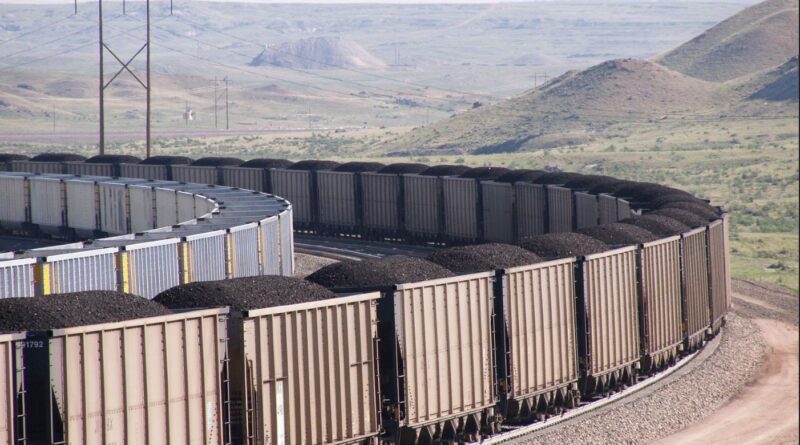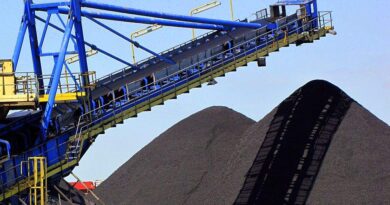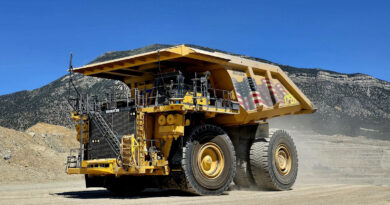Second major train derailment on the coal line – a cause for concern
JOHANNESBURG – On Saturday the 3rdof July 2021 at 12:26pm, a loaded export coal train with 208 wagons derailed at Dassieshoogte, near Vryheid on its way to Richards Bay. A total of 30 wagons derailed. Fortunately, no injuries were sustained by the train crew or any other party.
The last time a derailment occurred in this spot was in 2009, a long, clean record of operation. This derailment is the 2nd significant derailment on the coal line since the beginning of this financial year. Though the frequency is not high, these derailments have severe consequences for the SA coal value chain, our customers, Transnet, and the SA economy at large.
afterwards the company declared line 2 safe for the running of trains at around 15:00 on Sunday, 4 July 2021, albeit with a speed restriction. The next few days will see us operating a single line for approximately 11km. Transnet says it is working around the clock to clear the balance of the wagons so that the repair work can commence on line 1.
On Sunday, the Group Chief Executive, Portia Derby, the Freight Rail Chief Executive Sizakele Mzimela, together with teams who are responsible for the incident investigation, including Technology Management and Transnet Engineering, visited the site at Dassieshoogte. The aim was to create a sense of urgency towards identifying the root cause of this derailment, engage with employees at shop floor while showing support to the teams during this time.
Transnet is also reviewing all derailments experienced in recent months, to identify trends with respect to causes and contributing factors. What is clear to Transnet is that things have to change. There are serious risks in a recovery system based on emergency procurement, which may be open to abuse not only internally, but by suppliers who benefit from such incidents occurring. As part of addressing this challenge, Transnet will be insourcing more of this work, and reducing its reliance on external service providers.
This is the operating model Transnet had used many years ago, which was subsequently changed over the years. Much of this skill is still available within the organisation and needs to be utilised more optimally. Transnet will additionally be requiring proper certification of partners at its facilities.
Not only must its partners be suitably qualified, but they must also be contractually accountable for non-performance. This should ensure a more transparent and accountable relationship between all the role players responsible for the success of these corridors.
Transnet is progressing well with setting up new structures that have been introduced in order to see increased authority to Corridor Executives and their leadership teams. The aim is to increase accountability whilst increasing the speed of execution.




